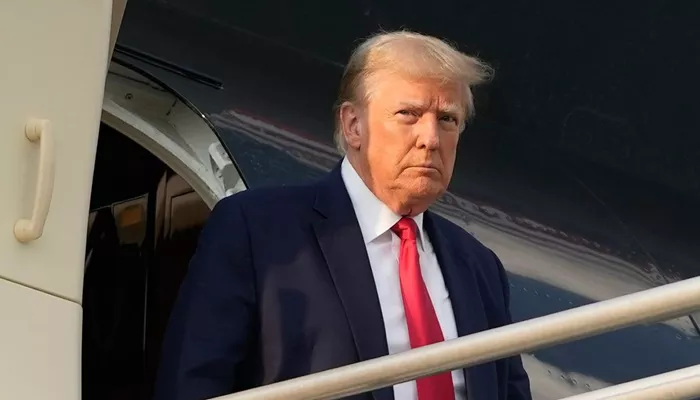Former President Donald Trump has declared a “national energy emergency,” citing rising energy costs and excessive government spending as key drivers of the ongoing inflation crisis. In his inaugural address under the banner of “America First,” Trump vowed to leverage the nation’s vast oil and gas reserves to revitalize U.S. manufacturing and stabilize energy prices.
“We have something no other manufacturing nation will ever have—the largest amount of oil and gas on Earth—and we are going to use it,” Trump stated. He described these resources as “liquid gold under our feet” that will help “make us rich.”
Shortly after his inauguration, Trump signed an executive order titled “Unleashing Alaska’s Extraordinary Resource Potential,” outlining plans to expand oil production. He also moved to dismantle the Green New Deal, a sweeping environmental initiative, and revoked the electric vehicle (EV) mandate, which he claimed would “save our auto industry” and honor his “sacred pledge” to autoworkers.
“Now, you will be able to buy the car of your choice,” Trump said, predicting a surge in automobile production at levels “nobody could have dreamt possible just a few years ago.” He emphasized that this freedom of choice would extend to other household appliances, including showerheads, toilets, washing machines, dishwashers, and lightbulbs.
The Green New Deal, introduced during the previous administration, aimed to transition the U.S. to 100% renewable energy for electricity and transportation by 2030 and achieve full decarbonization of the economy by 2050. Trump’s actions mark a significant shift away from these climate-focused policies, prioritizing energy independence and economic growth over environmental targets.
Critics argue that the move could have long-term consequences for climate change and renewable energy development, while supporters applaud the focus on domestic energy production and consumer choice. The debate over the nation’s energy future is expected to intensify as these policies take effect.

